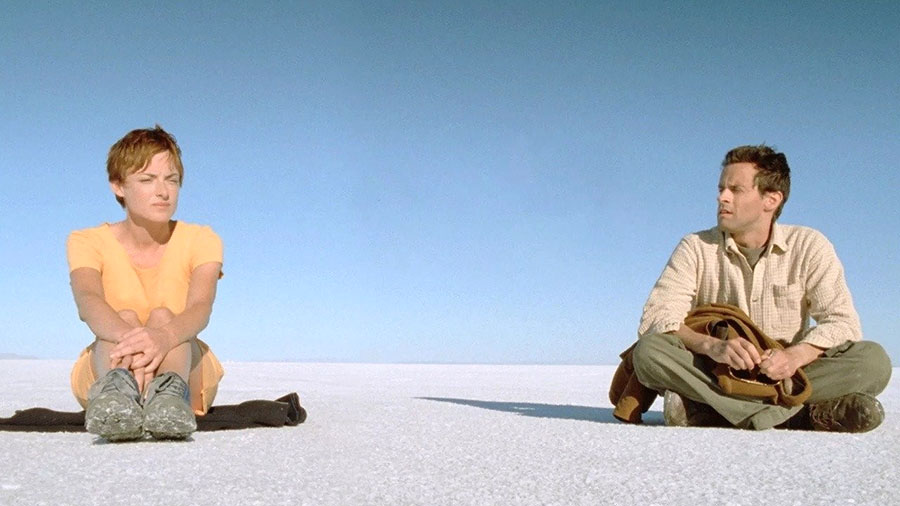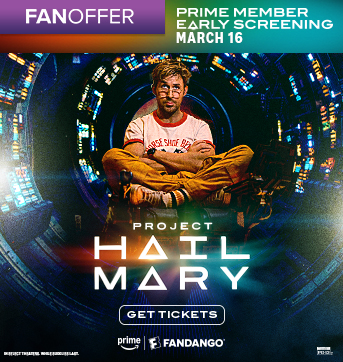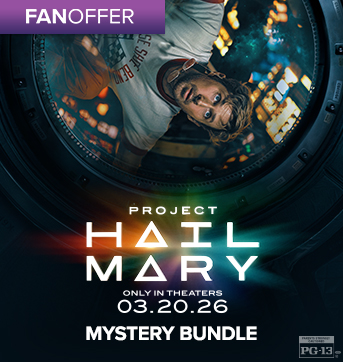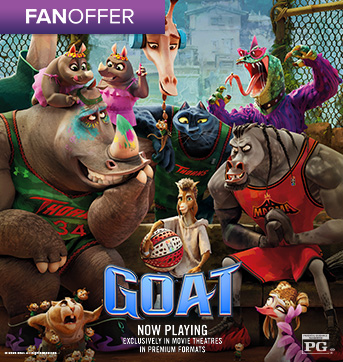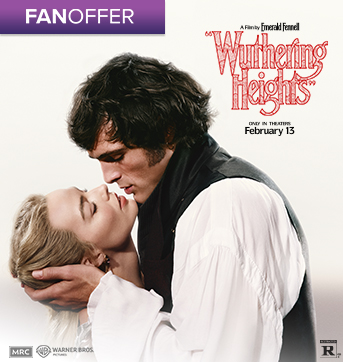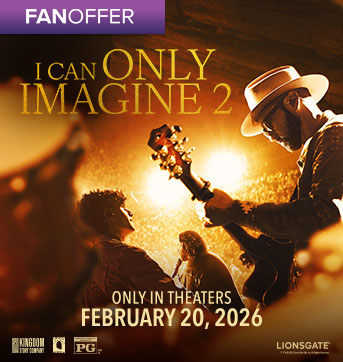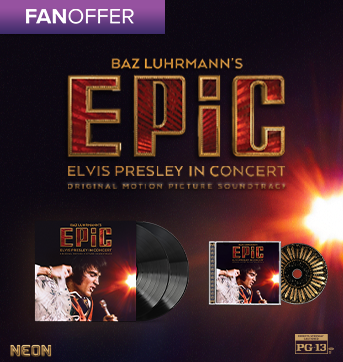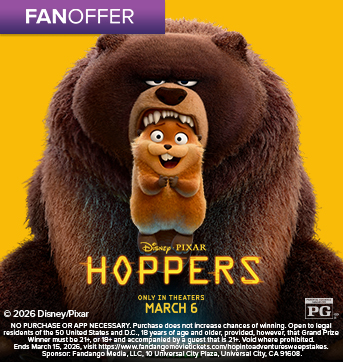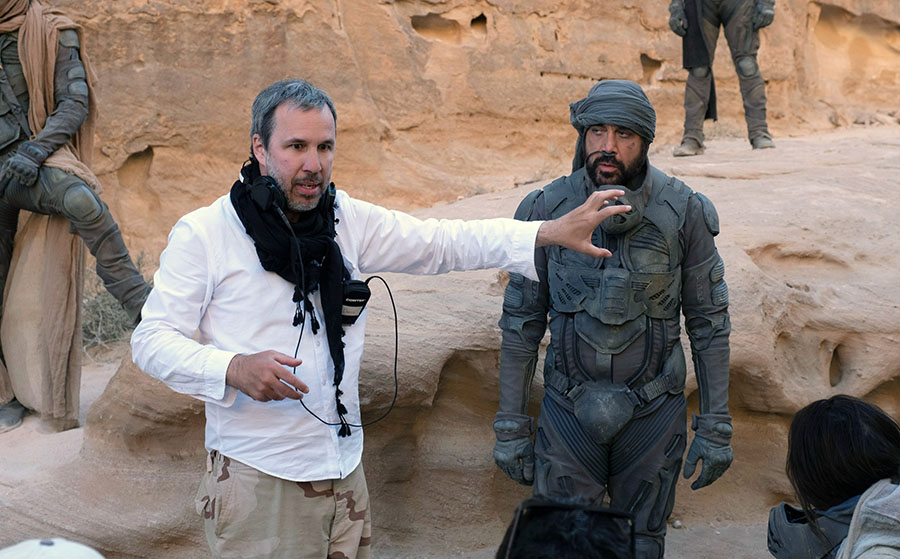
Denis Villeneuve and Javier Bardem on the set of Dune
Which Denis Villeneuve films are his most triumphant? Our Denis Villeneuve movies ranked list dives straight into this question, strategically evaluating each title for its narrative strengths, thematic richness and visual innovation. We're giving you a clear-eyed assessment that strips away the fluff, focusing on what makes each movie resonate with audiences and critics alike -- just in time for the forthcoming Dune: Part Two.
Buy tickets for Dune: Part Two
Key Takeaways
- Denis Villeneuve’s filmmaking career showcases a remarkable evolution from French art house dramas to large-scale sci-fi epics, with a consistent focus on character-driven narratives and visually immersive worlds.
Journey in Film: From Humble Beginnings to Blockbuster Success
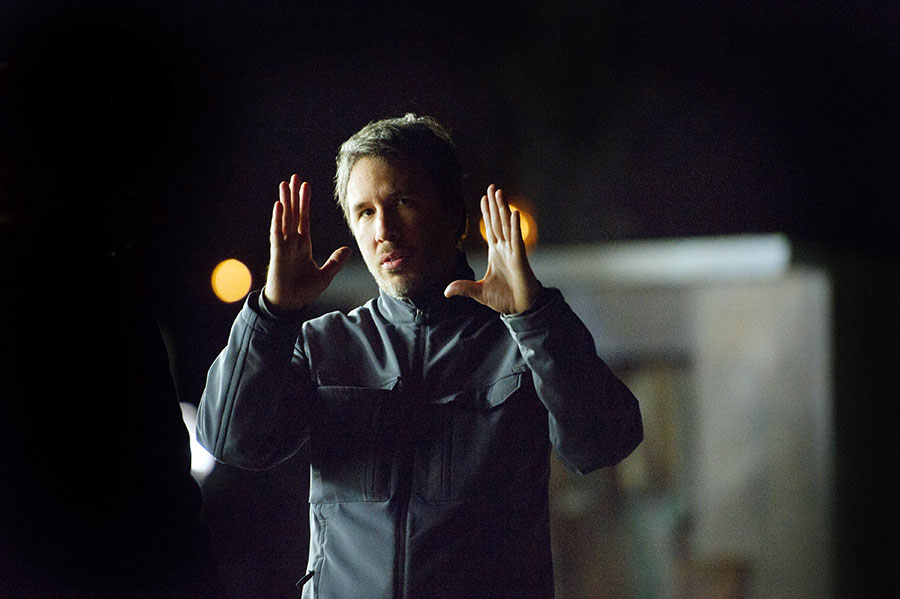
Denis Villeneuve on the set of Prisoners
The evolution of Denis Villeneuve as a filmmaker is well-represented in his diverse filmography. Starting off in the world of French art house dramas, he wasn’t afraid to experiment and push boundaries. Villeneuve leads viewers emotionally charged journeys with no easy answers in his early, surreal and challenging works. As his career progressed, he shifted gears, venturing into the realm of big-budget sci-fi movies. Yet, even as the scale of his projects grew, Villeneuve never lost sight of his roots. Each of his films, whether an intimate drama or a sprawling epic, is centered around characters and narrative.
Unveiling Villeneuve's Vision: Ranking His Feature Films
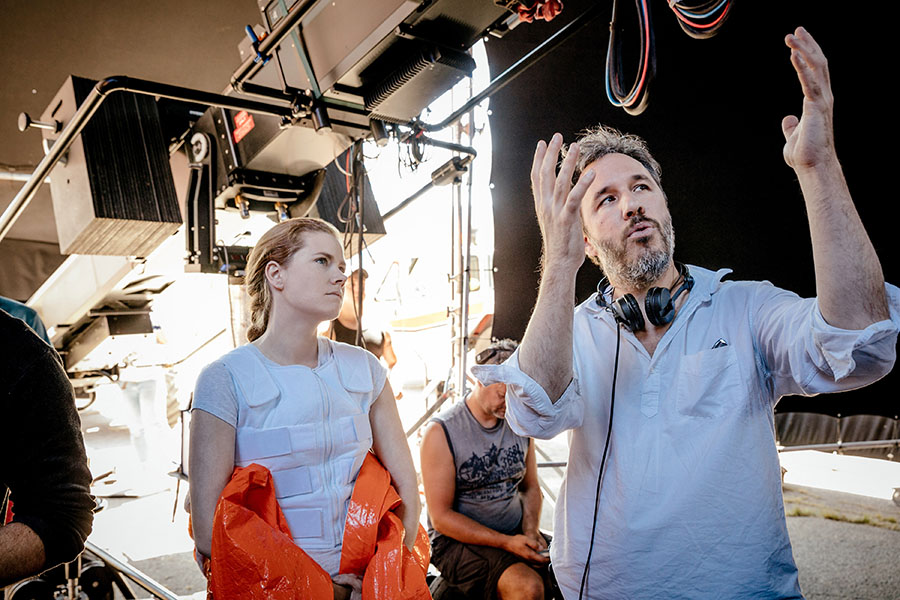
August 32nd on Earth (1998): Where It All Began
Maelström (2000): The Talking Fish and Human Drama
Polytechnique (2009): A Sober Reflection on Tragedy
Exploring the Depths of Human Emotion in Villeneuve's Work
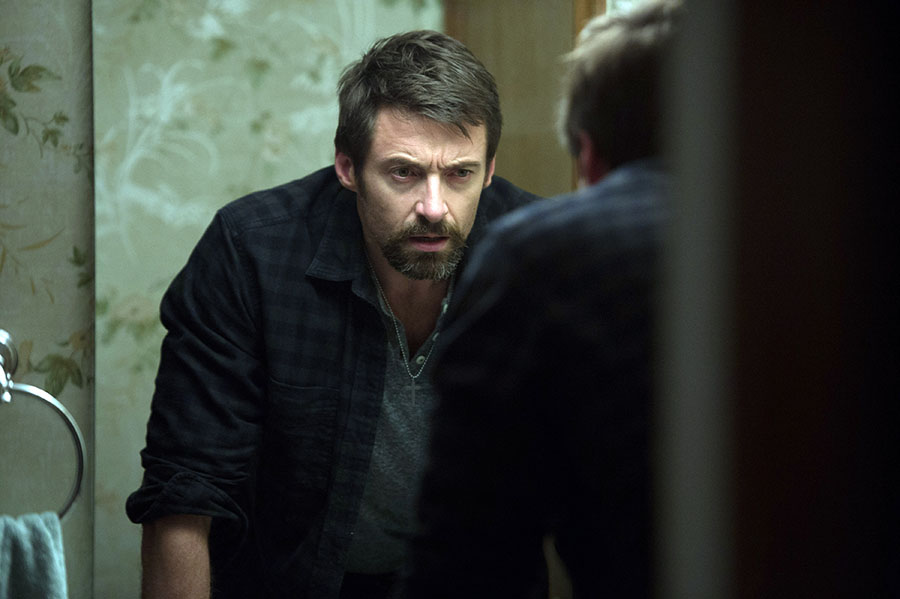
Prisoners (2013): A Dark Tale of Desperation
Enemy (2013): Duality and the Subconscious
The Spectacle of Villeneuve's Sci-Fi Epics
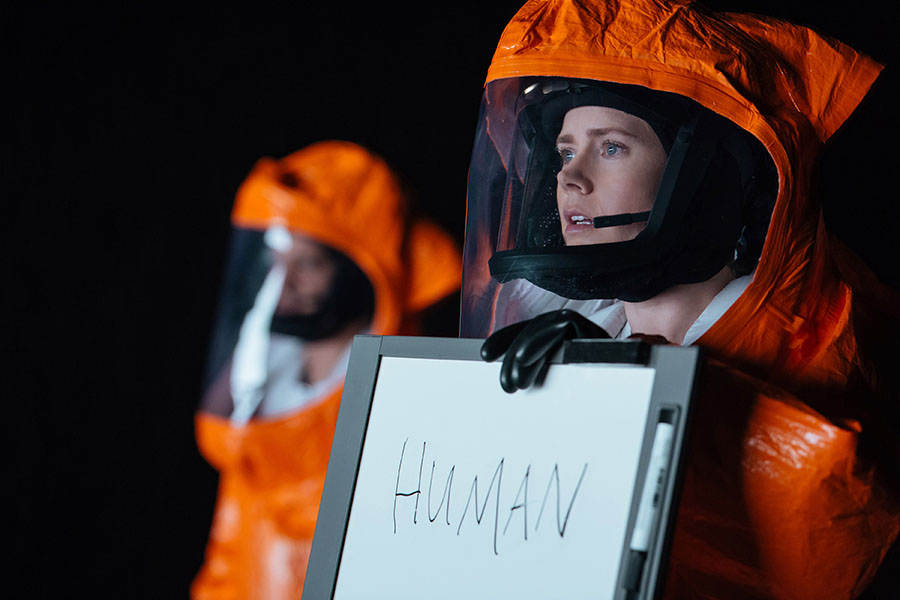
Arrival (2016): Linguistics and Time
Blade Runner 2049 (2017): Continuing a Legacy
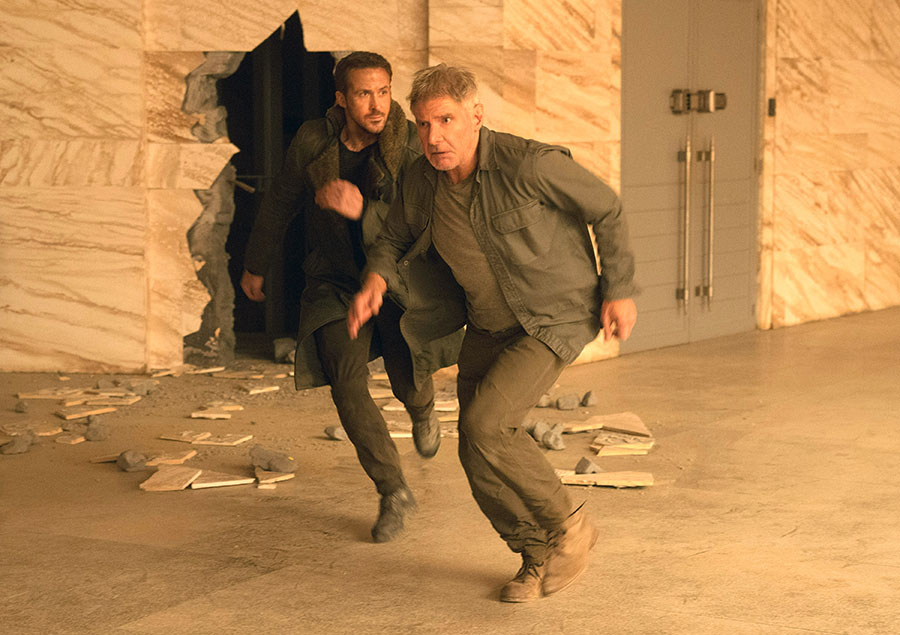
Dune (2021): A New Benchmark in World-Building
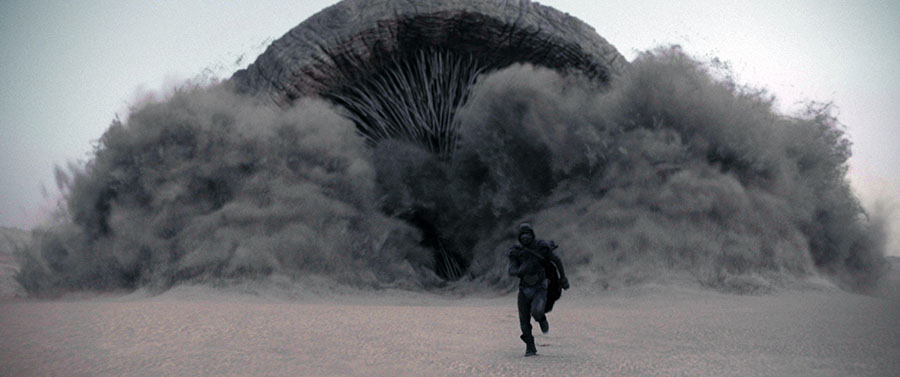
The Signature Elements of Denis Villeneuve’s Direction
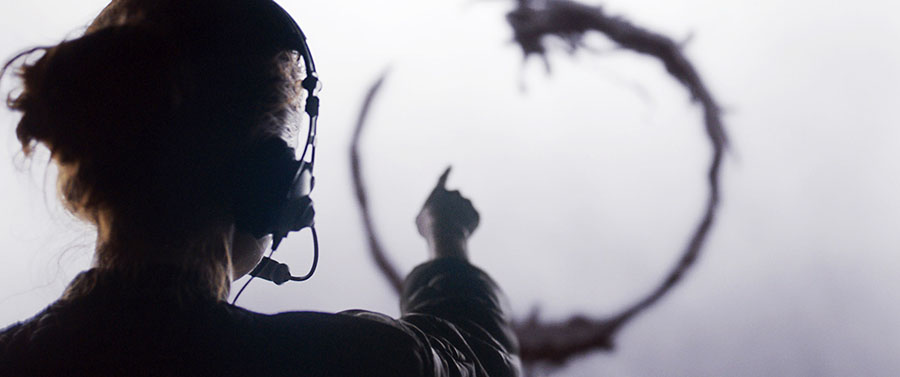
Impact and Influence: Villeneuve's Place in Contemporary Cinema
The Final Word
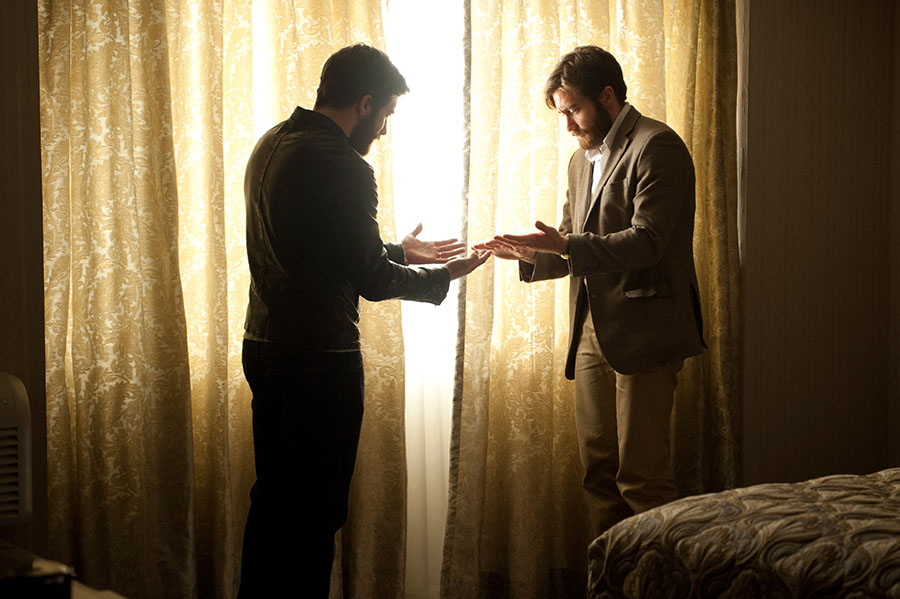
Frequently Asked Questions
What makes Denis Villeneuve's directorial style unique?
How has Denis Villeneuve's career evolved over the years?
Which film marked Denis Villeneuve's directorial debut?
